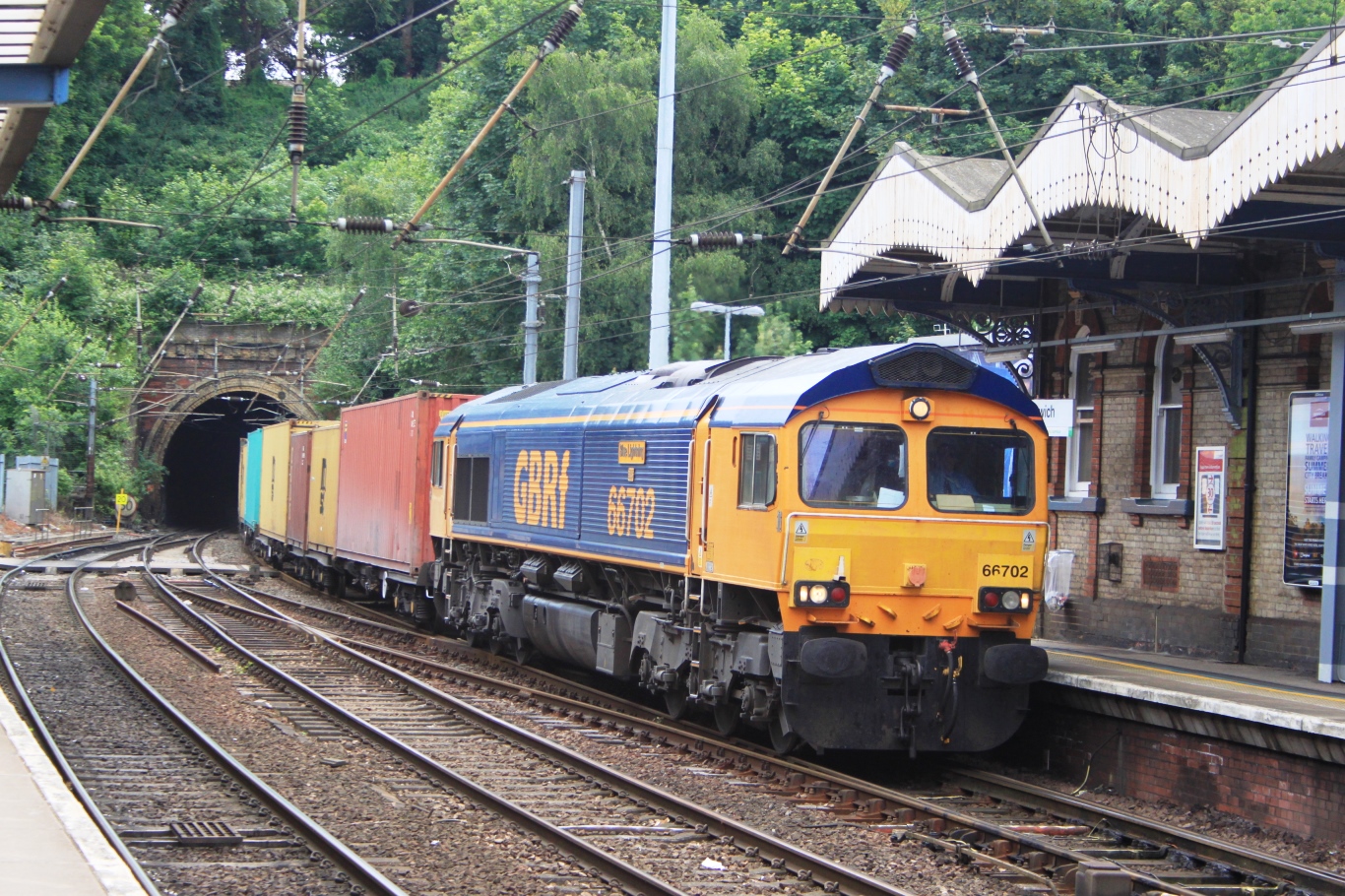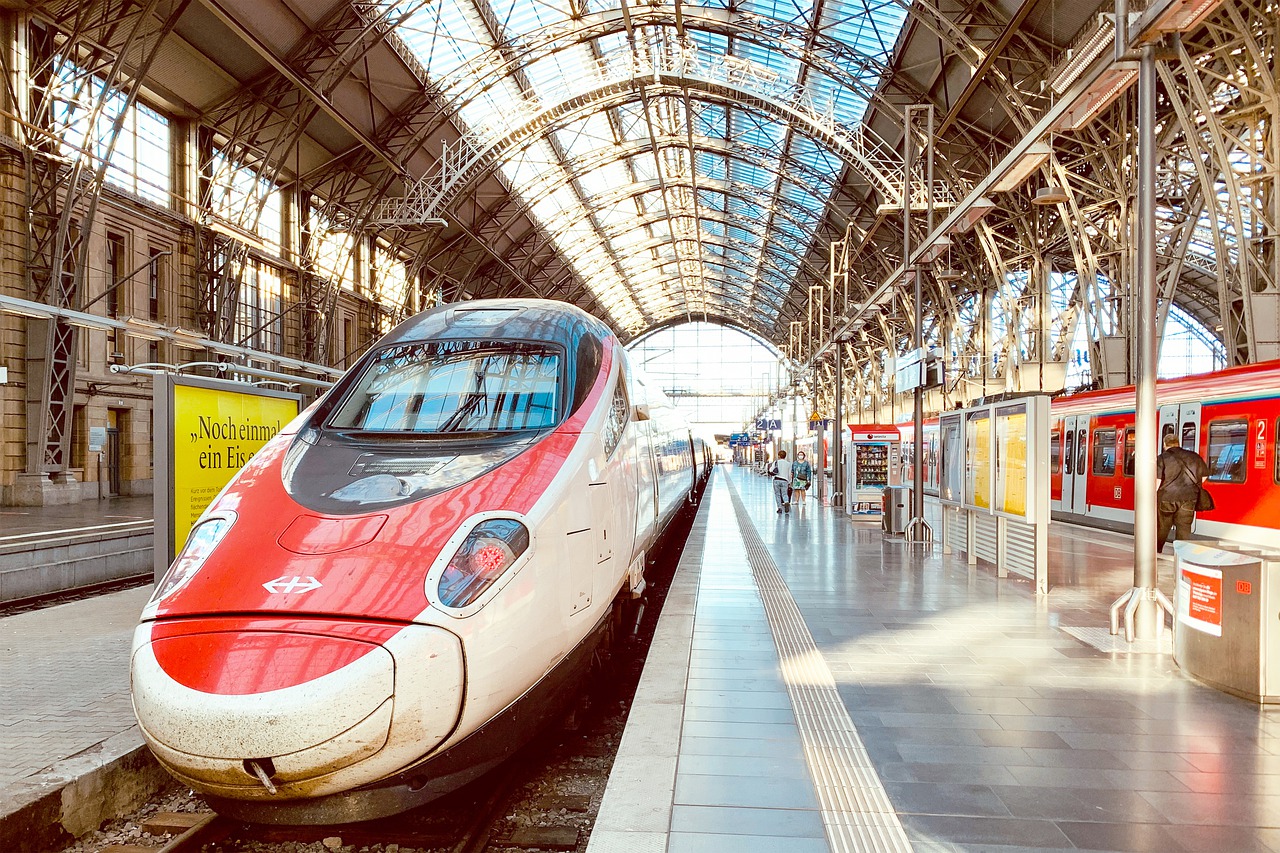
As it has done every year since 1983, the EU selects a specific topic on which to raise awareness and encourage public debate throughout the year. 2021 is to be the European Year of Rail.
On 4 March last year, the Commission adopted a resolution making 2021 the « Year of the Rail » (EYR). 2021 has now begun with the creation of a dedicated web page, in each EU language. What should such media coverage bring to the rail sector? According European Parliamentary Research Service blog, the EYR is intended to highlight rail’s contribution to EU cohesion, the economy and industry, with dedicated events, debates and promotional activities. This event will cover topics like related to regional development, industrial competitiveness, sustainable tourism, employment, innovation, education, youth and culture, not forgetting improving accessibility for persons with disabilities and reduced mobility.
This media coverage obviously offers a unique and unhoped-for window on a mode of transport that is said to be a little behind, or even behind, on many points compared to other modes of transport such as air, sea and above all the car. These sectors will not fail to counter-attack by underlining the weight they have in society and in the mobility of the modern world. It is therefore the moment for the railways to roll up their sleeves and show a unity that has been lacking until now, since certain political powers still talk about the railway in the singular, despite the presence of many operators.
The railway sector is indeed very poorly known, especially by those who never use the train, i.e. about 90% of the population. Some people still come back with the image of the green military train perfumed with the cold smell of cigarettes from the day before. Others retain their youthful image with these overheated carriages were going towards Lisbon, Palermo or Athens, when night trains were nothing more than a vast rolling camp site. These images of grandfather (from the 70s…) still percolate into a cultural imagination that some would like to rediscover.
But the future is not made with nostalgia. In Italy, a captive clientele has only returned to the train because the image was completely different from their parents’ story. By travelling with the private NTV-Italo, whose advertising they saw on their smartphone, these Italians not only rediscovered the « modern train without military livery », but they also saw that the old company « Ferrovie dello Stato », which became Trenitalia, lined up ultra-modern trains to go to Bologna, Rome or Venice. That’s why the CEO of Trenitalia finally admitted that, « yes, this competition towards modernity has brought us customers who otherwise only knew about low cost airliners. » On the other hand, multiple actions in favor of the railways has been visible in particular on the part of the industry, which now works through technological product « platforms » and supplies a locomotive or Emu valid throughout Europe after homologation, which was impossible even 20 years ago.
Industry is also about daring and research. No incumbents would have thought of the dual-mode locomotive or the hydrogen train. Too expensive, too technological, no resources available. Private industries have this ability to capture opportunities when they arise. It was right to liberalize and allow new ideas to percolate and to combat limiting beliefs, otherwise the passenger train would have become a vast museum relegated to niche markets or amusement parks. Of course, this private industry can rely on the many research programmes and visionary plans financed by public authorities, such as the hydrogen plan from which it benefits. The State as a strategist is therefore fundamental to the proliferation of new ideas, and this is the foundation of the future of the railways.

What is the purpose of the railway?
The European Union has declared 2021 the « Year of the Railways », not for nostalgia, but to be in line with its Green Deal policy. The aim is to illustrate that rail is sustainable, innovative, energy-efficient, and safe, as well as to significantly increase rail’s share in transporting people and goods. This Year of the Rail is also a political opportunity to raise and to reassert awareness of the challenges that remain to a Single European Rail Area. It is a long road of pedagogy and lobbying which consists in making people admit that the world has changed and that today, we must speak of railways in the plural because the incumbents, alone, do not have and will never have the capacities to operate the modal transfer. The more you are, the more you transfer, as the Prague-Rijeka night train of Regiojet demonstrated last summer.
This year of the railways should also be an opportunity to rethink transport pricing, which is clearly unbalanced. It is not a « fight against those opposite » (that would be lost in advance), but to put each mode back to its real cost and in its field of relevance. It is perhaps not the fuel that should be taxed but the pollution: the more you drive, the more you pollute, the more you pay according to CO2 emissions and collateral damage (the health system utilization). This less ideological policy (the car = capitalism), would make it possible not to kill the necessary delivery men and lorry drivers nor to anaesthetise the air sector which has, and will always have, a future in its field of relevance.
The Year of the Rail is also an opportunity to rethink access to the train. It is now a real obstacle course to get a ticket, while young startups such as Flixmobility and others have shown how you can get a ticket in just a few clicks, switching from train to bus. But this requires the backing of large and expensive computer systems. Flixmobility has several hundred developers, something the railway sector does not have. In some countries there are still tickets that have to be filled in by hand, with all the misunderstandings and fraud that this entails, putting the on-board staff at risk. The fact that incumbent operators must pursue social policies in favour of a precarious public should not be an excuse to avoid the digitalisation of ticketing. The world is changing at a dizzying speed and what is acquired today may already be obsolete in 4 to 5 years’ time. We do not know what future operators will offer in terms of payment facilities. All we know is that whoever takes digital seriously will be tomorrow’s winner, no matter what the politicians do. Will Europe have the courage to move forward on this path where we are already well behind?

Finally, talking about green deals is like talking about our lifestyles. The amount of travel we consume has certainly been brutally reduced by the pandemic, and then by a probable increase in teleworking, but our motorways are far from empty. On the other hand, our daily consumption still requires the existence of a huge network of disordered logistical flows, which are essential to fill the shelves of our favourite shops. The train has completely missed out on logistics, which is so essential to our lives. It is only used when it suits the shippers and industrialists. It is never the first choice, except for constrained sectors such as chemicals. Politicians have very little control over logistics. It is therefore up to the railways to show all their faculties by putting into practice their best transport technical. Can we hope that this year of the railways will also be the year of logistics 2.0?
Strong strategies, a more accentuated digital approach, insertion into industrial flows, these are the indispensable ingredients that the railways will have to use to show what they are capable of. Let’s hope that this year of the railways is not just a show, but an opportunity to make itself known to the remaining 90% of non-users…

Share this:
See also: The railways after covid: between challenges and opportunities
The railways after covid: between challenges and opportunities
12/28/2020 – The year 2020 is coming to an end with an unexpected upheaval. The society is changing and the train will have to change too, to adapt to this new world.
 The long-distance rail service
The long-distance rail service
Complete your knowledge through our pages about long-distance rail traffic as well as our comments and analyses.
 The regional rail service
The regional rail service
Complete your knowledge through our pages about local and regional rail traffic as well as our comments and analyses.
 How digital technologies can help railways
How digital technologies can help railways
How can technology help rail to become the transport of the future? This is what is explained throughout these numerous articles.
>>> Others news here
Suscribe by mail to connect with railway information![]()


Vous devez être connecté pour poster un commentaire.